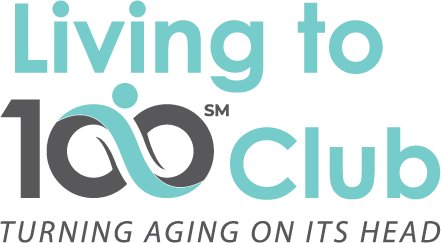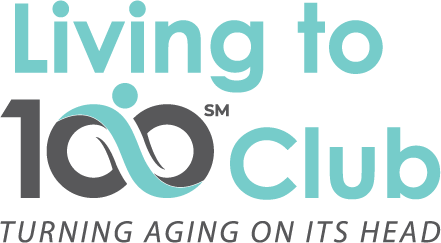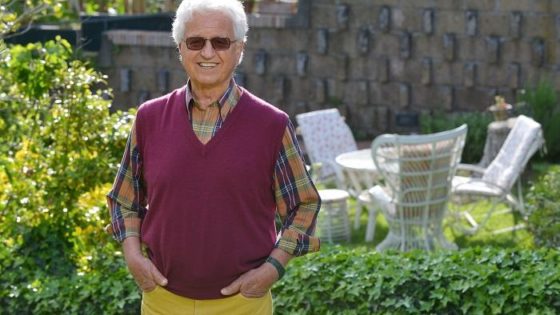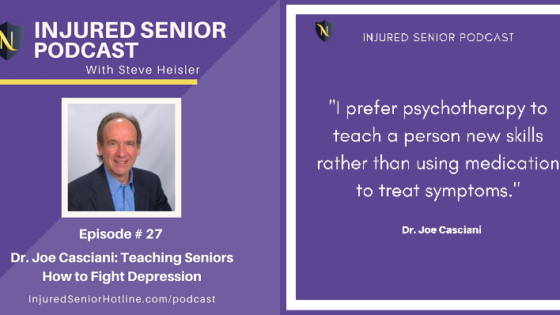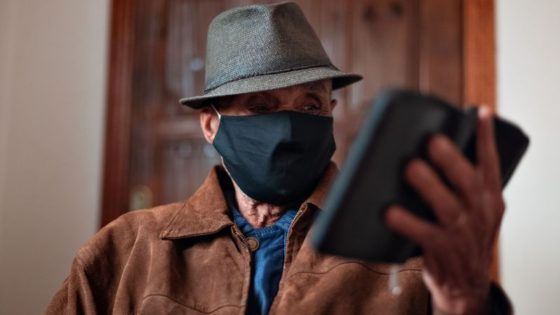by Joe Casciani
A recent article in the New York Times highlighted the notion of self-care: Be good to yourself first, and then to others. The article was written about a Buddhist monk by the name of Haemin Sunim, who has just published his latest book, Love for Imperfect Things. Sunim is a popular Buddhist teacher and spiritual guide, espousing the subjects of managing stress and overcoming the challenges of everyday life, especially through the power of self-care. He says we should not forget that we have a responsibility to be good to our self, first.
In the Living to 100 Club, we talk a lot about healthy lifestyles and the road to living longer, and about managing setbacks that inevitably occur with advancing age. In one of our recent live Radio shows on Voice America, Better Habits, Better Health we talked with Dr. Michael Howard, a health educator. He summarized those lifestyle steps that contribute to the longest, happiest, and healthiest lives: maintaining our weight, adding more plant-based foods to our diet, regular exercise, no smoking, and alcohol in moderation.
ELEMENTS OF SELF-CARE
Haemin Sunim, however, adds five elements of self-care to this list that involve taking time for our self and focusing on our own needs, and cautions us to do so without feeling selfish:
- Breathe – start by taking a deep breath, being mindful of our breathing, and observe how it becomes deeper the more we focus on it, which in turn helps us feel more centered and calm. Just focusing and paying attention to it a few minutes a day helps with being more centered.
- Accept – our self, and our many imperfections. As Sunim says, “the path to self-care starts with acceptance, especially of our struggles”. When we accept these struggles and stop trying to overcome them, the mind stops struggling and grows quiet. Trying to change or control difficult emotions works against our self-care, just as striving for perfection does.
- Write – put to pen and paper those things that are weighing on us and the things we need to do, while unloading them from our head and heart. Once on paper, and after a night’s rest, whatever steps we need to take are more obvious and more manageable.
- Talk – As any psychologist will tell you, speaking with a non-judgmental friend or relative about our frustrations or difficult feelings will lighten the burden we’re carrying. But, more importantly, the answers that we already had inside are now more obvious when talking, and are more objective.
- Walk – Just walking helps to distract the mind and “create space between the mind and whatever is causing distress”. Instead of sitting and dwelling on what is burdening us, the changes in our physical energy that come from walking allow us to get out of our head and observe what is around us, thereby releasing the stresses within. This step certainly fits with another book by Sunim’s, The Things You Can See Only When You Slow Down.
We do consider it important to be good to others, but it may be helpful at this time of year to not forget a gift to ourselves.
